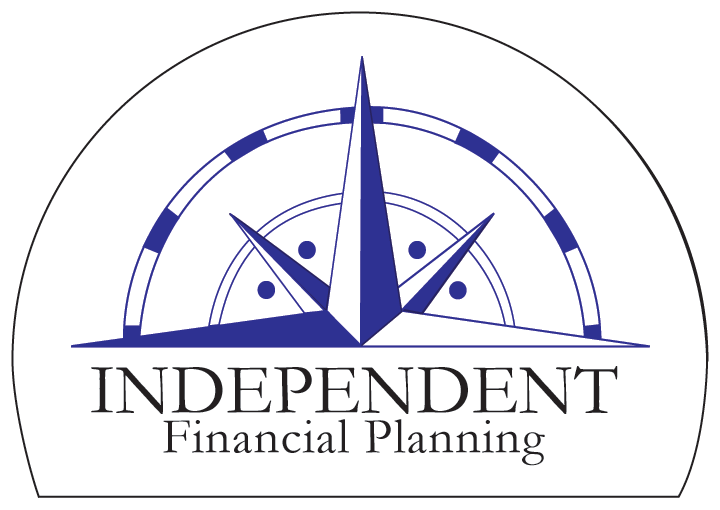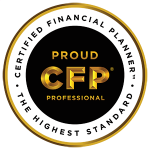As you celebrate Independence Day this weekend take a moment to think about your financial position. At Independent Financial Planning, we highly value independence in the financial advisory business. There are no proprietary products, hidden fees, or biased advice. For example, IFP recommends all investors living in Virginia and saving for their kids or grandkids to go to college to consider the inVEST program, not the college America program that has higher costs to pay financial advisors. Not because financial advice isn’t helpful but with college savings, I think inVEST is often the better option. Now look at your financial picture and ask yourself if you’re on the path to financial independence. Here are some steps that may help you get there.
1) Plan so you don’t stress over making ends meet. Yes, we’re talking about the budget and the emergency fund. This is the first step and one of the most important in financial planning. Having an emergency fund, or 3 to 6 months of expenses, saved will help if the air conditioning breaks in the middle of the summer or a tree destroys some of your property from a bad thunderstorm. You should be able to sleep a little better at night knowing that each month, if something happens, you have the immediately accessible savings to take care of the situation. The budget keeps you from living beyond your means. If you don’t have the money to spend work your budget so you can do what’s the best with what you can afford.
2) Pay down your debt and stop taking on new debts. Once you’ve established an emergency fund you need to consider paying down debt. Don’t get “comfortable” having a balance on your credit card or paying on a chunk of your home equity line of credit. Even small amounts at high interest rates will extract a high cost. Do a calculation on the time it takes you to pay off a loan and the interest rate on the loan. See just how much that purchase is really costing you.
3) Save as you go until a reasonable real rate of return on your savings can cover the costs of meeting your goals. I see many different ways to calculate when a person can retire but one of the easiest and most helpful is to project cash flow. Determine how much can you reasonable earn on your investments, correct for increase in the cost of living, and compare that against how much you expect to spend in a month or year. When you have more income than expenses then it’s time for you to seriously consider retirement. Good savings accounts are Roth IRAs or traditional IRAs, 401(k)s or 403(b)s, or any other kind of tax-advantaged savings vehicles. The same process is involved for other goals such as taking an annual family vacation.
Your situation is unique and some of these steps may not pertain to you. I’d be glad to help you as you press onward into financial Independence. Let me know how I can help. Enjoy the holiday weekend!


